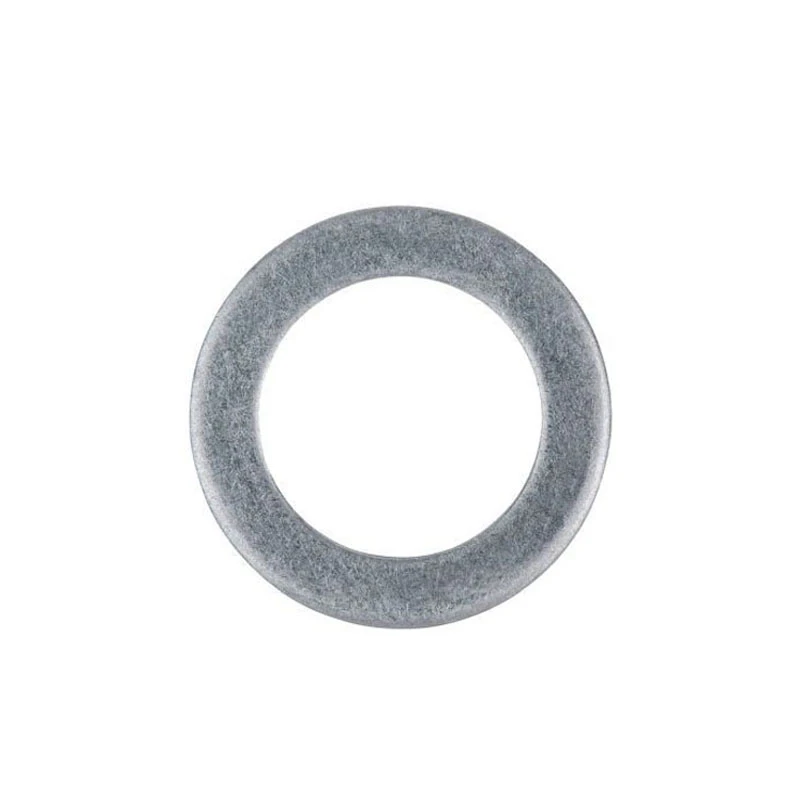Understanding Ship Propeller Shaft Bearings for Enhanced Marine Performance and Durability
The Importance of Ship Propeller Shaft Bearings in Marine Engineering
In the world of marine engineering, the ship propeller and its associated components play a crucial role in the overall efficiency and performance of a vessel. Among these components, the propeller shaft bearing is of paramount importance. This article delves into the functions, types, and maintenance of ship propeller shaft bearings, and highlights their significance in maritime operations.
Understanding Propeller Shaft Bearings
The propeller shaft transmits power from the engine to the propeller, enabling the vessel to move through water. The propeller shaft bearings support the shaft, ensuring smooth rotation while minimizing friction. They are essential for stabilizing the shaft, preventing vibrations, and reducing wear and tear.
These bearings can be categorized into two primary types journal bearings and thrust bearings. Journal bearings support the shaft in a radial direction, while thrust bearings manage axial loads, which are generated primarily during propulsion and deceleration of the ship. Both types are critical for maintaining the integrity and functionality of the entire propulsion system.
Types of Bearings
1. Journal Bearings These bearings typically feature a cylindrical design that allows the shaft to rotate within them. They are often made of materials such as bronze or composite materials that provide durability and resistance to corrosion. Water-lubricated journal bearings are common in marine applications, as they utilize seawater as a lubricant, which is abundant and economical.
2. Thrust Bearings Unlike journal bearings, thrust bearings are designed to handle axial loads. They usually consist of a series of discs that allow for smooth rotation while bearing the substantial loads that a moving vessel experiences. It is vital for these bearings to be constructed of high-strength materials to withstand the harsh marine environment and the stresses of operation.
Importance of Proper Maintenance
ship propeller shaft bearing

Proper maintenance of propeller shaft bearings is essential to avoid costly repairs and operational downtimes. Several factors can affect the lifespan and functionality of these bearings, including lubrication quality, alignment of the shaft, and environmental conditions.
Regular inspection of the bearings is crucial. This includes checking for signs of wear, corrosion, and misalignment. Bearings should be lubricated according to the manufacturer’s specifications, and any contaminated lubricant should be replaced promptly to prevent excess friction and overheating.
Another critical aspect of maintenance is monitoring the vibration levels of the shaft. Excessive vibrations can indicate bearing failure or misalignment, which, if left unaddressed, can lead to catastrophic failures and significant repairs. Utilizing vibration analysis technology can help in early detection of issues and allow for timely interventions.
The Role in Vessel Efficiency
Efficient propeller shaft bearings contribute significantly to the overall efficiency of a vessel. When bearings operate smoothly, they reduce friction, which in turn lowers fuel consumption. A well-maintained propulsion system can lead to improved fuel efficiency, which is increasingly important in today’s environmentally conscious maritime industry.
Moreover, efficient bearings enhance the vessel's speed and maneuverability. In competitive maritime operations, the ability to optimize speed while maintaining safety is crucial. Consequently, investing in high-quality bearings and adhering to a rigorous maintenance schedule is essential for ship operators aiming for operational excellence.
Conclusion
In conclusion, ship propeller shaft bearings are integral components of marine propulsion systems that merit significant attention in both design and maintenance phases. Their role in supporting the propeller shaft, reducing friction, and ensuring efficient power transmission is vital for the performance and safety of any vessel. By understanding the types of bearings available, their importance, and the necessity for regular maintenance, marine engineers can enhance the operational efficiency and longevity of maritime vessels, ultimately contributing to safer and more sustainable maritime practices.
-
Seal 12x20x5: Precision Radial Shaft Seals for Industrial Reliability
News Nov.24,2025
-
Seal 12x18x5: Essential Guide to Specifications, Applications & Vendors
News Nov.24,2025
-
Understanding Seal 12 20 5: Applications, Specifications & Industry Insights
News Nov.23,2025
-
Durable Oil Seal 85x110x12 – Reliable Sealing Solutions for Industry
News Nov.23,2025
-
Durable and Precise Oil Seal 75x95x10 for Efficient Machinery | YJM Seal
News Nov.22,2025
-
Durable Oil Seal 75x100x10 for Reliable Industrial Performance | YJM Seal
News Nov.22,2025
-
High-Quality Oil Seal 65x90x10 | Durable & Reliable Sealing Solutions
News Nov.22,2025
Products categories















